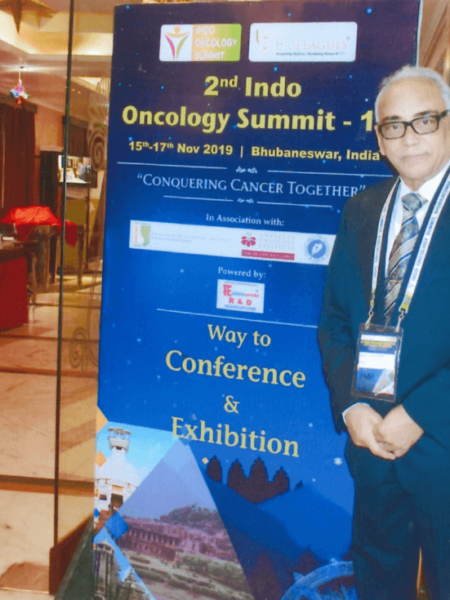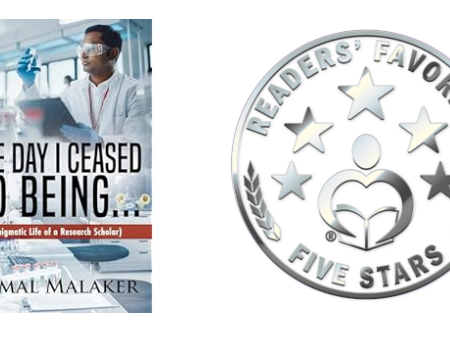Kamal Malaker
Physician | Educator | Researcher | Writer | Author | Mentor
Dr. Kamalendu Malaker is a qualified physician from R.G. Kar Medical College at the University of Calcutta, India. He obtained his PhD in cell biology from the Imperial College in London and trained in Clinical Oncology at the University of Oxford. His training finished at the Royal Post Graduate Medical School at Hammersmith Hospital. Subsequently, he was appointed a senior registrar and clinical tutor for the University of London.
Read More
Subsequently, Dr. Malaker moved to Canada where he headed the radiation oncology department at Cancer Care Manitoba and at the University of Manitoba in Winnipeg. His work continued as a research officer at the Dana Farber Cancer Center at Harvard University in Boston.
Dr. Malaker’s expertise then took him to Libya in North Africa, where he was instrumental in developing radiation oncology services for the country and performed post-graduate training in clinical oncology for Libyan Board. He was consulting clinical oncologist for the Government of United Arab Emirate, and then assumed the role of chairman of The Princess Noorah Oncology Center in Jeddah, Saudi Arabia. Dr. Malaker’s career track also included the role of District Medical Officer in Sierra Leon in Sub-Saharan Africa, which impacted deeply in his future life.
Dr. Malaker then headed to the Caribbean where he became Professor of Oncology at Ross University School of Medicine. Concurrently, he developed the oncology services unit for the Government of Dominica at Princess Margaret Hospital. In his present capacity, Dr. Malaker also carries the title of Director of Clinical Oncology at The Cancer Centre Eastern Caribbean in Antigua.
Dr. Malaker’s interest in normal tissue changes from radiation led him to study radiobiology of Keloids. He was the first one to devise interstitial and intraoperative brachytherapy, a standard he set for treatment of Keloids. He also worked out the optimal dose for primary radiation treatment of keloids, which is currently being used widely. Aside from many other original contributions, his current interest is the treatment of keloids with hypoxic cell sensitizers in combination with cytotoxic chemotherapeutic and other biological agents.
A clinician, researcher, teacher, mentor, writer and director, Dr. Malaker he has left his legacy behind in every place he has worked. He has published more than 100 scientific papers and numerous books; one of which was a best seller for several years. His hobby of writing on travelogue, social issues, human right issues, climate change and many more, has produced more than forty essays and articles over several years. In recent years, he has successfully published popular titles such as “My Personal Health Record “, a manual personal health record compendium, and “The Plasma”, a medical thriller.
His current interest is to develop equitable cancer therapy and management in countries with limited resources where eighty percent (80%) of the world’s population lives. While he continues to write on the human condition, he credits his vision and aspirations to his multi-racial and cross-cultural exposure through his work and travels. He still remains an avid global traveler and lives with his wife Baljit in Winnipeg, Canada. They have one daughter and two granddaughters.
My Books
- The Day I Ceased To Being
- The Plasma
- The Lioness Never Cries
- The Lioness Never Cries
- The Global Web of Cannibals
- The Global Web of Cannibals
- The Global Web of Cannibals
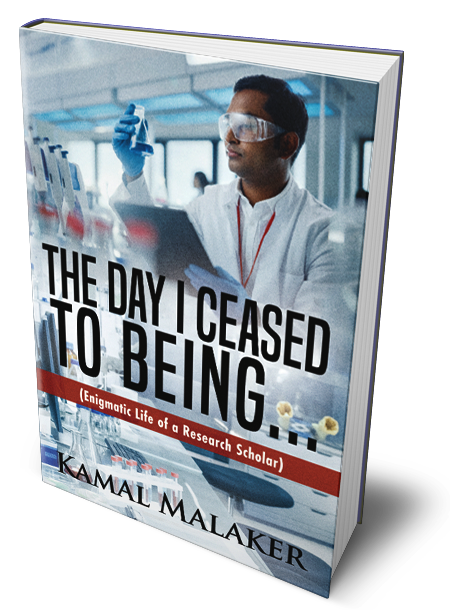
The Day I Ceased To Being
This narration is an autobiographic memoir of a Ph.D. student and his journey through being introduced to medical research and developing a hypothesis for plausible scientific theory and practice. It is the author’s life’s experience in many dangerous and life-threatening moments, and his moments of success and glory that changed his life. The impact of life-threatening and near-death experiences and events that gave him the license to be a super-human did not cease his life from existence nor mutate him to be megalomaniac he kept his feet firmly on the ground with other fellow humans. The author describes his day-to-day experience as a research scholar and finally securing a Doctorate, which is expected to be another splendid achievement intellectual and social glory. The baffling initial impact of his success was unique, curious, and beyond imagination, which the author’s account deserves to share with the rest of humanity, including his trials and tribulations in returning to the Bed from the Bench.

The Plasma
James Wilberforce has finally achieved the American dream. Since immigrating to America from the West Indies as a young adult, he’s managed to build a successful business and family with his wife and three children. James knows he leads a blessed life, and he is eager to expand his achievements.
Then the unthinkable happens: James learns he has a rare form of bone-marrow cancer that has yet to be successfully treated and cured. The only expert attempting to research the disease is Professor Hooper, who’s conducting a study on experimental treatments.
Professor Hooper is James’s best hope of survival, and his research associate Dr. Mary-Ann Sanford assures James that he is in good hands while he’s participating. Although James’s symptoms improve at first, his condition later worsens. James desperately wants to believe in the cure, but even as Professor Hooper and Mary-Ann assure him it’s within reach, his deteriorating body may be evidence of a dangerous scheme at work.
As his trust in the experts begins to waver, he finds his control over his finances and the connection to his once-happy family both waning. James is facing the toughest battle of his life—and it’s not just cancer he’s fighting.
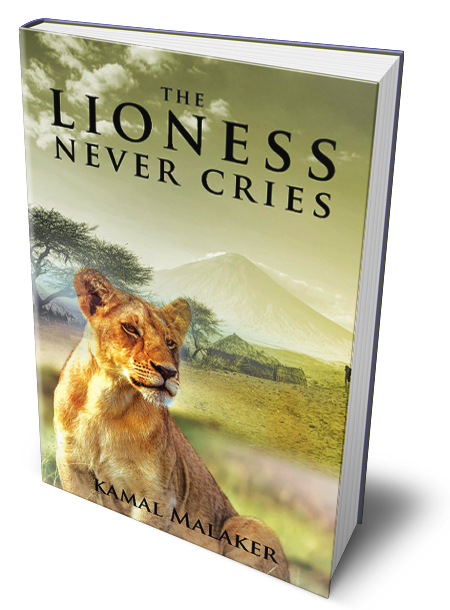
The Lioness Never Cries
A young newly graduated Medical Doctor aspiring Cancer researcher was sent to SierraLeone to take responsibility for being a District.Medical Officer. Dreams from David Livingstone and many other early explorers of Africa intrigued him. But the real-life encounter of challenges of living in the conditions, was a fascinating and painful awakening, at every step and in every corner of the passage. Be it geographical, Be it social, or Governmental, every encounter is a new learning, new knowledge be it special physical and Psychological or ecological, there was always something new to learn. This has a deep and lasting impression, which guided through his entire life.

The Global Web of Cannibals
Highly lucrative criminally twined global business of illegal organ transplant by trafficking men,women and children from every human habitation on this earth to satisfy their unsatiable greed and thrust for cash, where human life do not matter but their organ and every bit of living tissue matters.
Criminal groups globally works in concert , as collaborator and as competitors as well,with knives on each other’s throat as and when needed to plunge to see the end of a competitor, a traitor , whistle blower even a close relative.
Yet they thrive on, leaning on each other’s shoulder. Where race, nationality, language, Sex, Geography and social barrier are irrelevant. Just Money and lots and lots of it only matters.

The Global Web of Cannibals
Highly lucrative criminally twined global business of illegal organ transplant by trafficking men,women and children from every human habitation on this earth to satisfy their unsatiable greed and thrust for cash, where human life do not matter but their organ and every bit of living tissue matters.
Criminal groups globally works in concert , as collaborator and as competitors as well,with knives on each other’s throat as and when needed to plunge to see the end of a competitor, a traitor , whistle blower even a close relative.
Yet they thrive on, leaning on each other’s shoulder. Where race, nationality, language, Sex, Geography and social barrier are irrelevant. Just Money and lots and lots of it only matters.
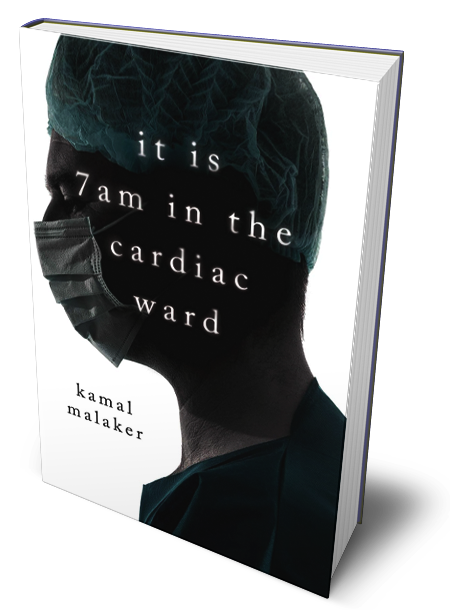
It is 7 am in the Cardiac ward
It is 7 a.m. in the Cardiac Ward is both a gripping narrative and an instructive guide to understanding the importance of empathy for medical professionals and patients alike. Recounting his own prolonged illness and time spent in the hospital, author Dr. Kamal Malaker shifts his perspective from an experienced andhighly regarded oncologist to that of a patient, thereby shedding light (through his detailed and evocative first-person narrative) on the schisms of difference between how doctors view the painand illness of patients and how patients view their own condition. Presenting the patient-doctor relationship through the lens of his own experience of having been both, Dr. Malaker teaches the need for empathy— not just simply understanding— in the medical field, sharing biographical events and encounters that shaped his own thinking.

Radioprotectors: Chemical, Biological, and Clinical Perspectives
It is essential to minimize damage to normal tissues during radiation therapy and many strategies have been employed in finding the best methods for radioprotection. This book integrates chemical, biological, and clinical perspectives on these strategies and developments, providing a comprehensive treatise. It emphasizes new concepts in radioprotection, aiming to inspire further basic science and clinical progress in radioprotector research. Radioprotectors: Chemical, Biological, and Clinical Perspectives includes the following topics:
- Early research on radioprotectors
- WR-2721, an aminothiol prodrug, as a radioprotector
- New results with naturally occurring thiols
- Nitroxides as effective radioprotectors in vitro and in vivo
- Radioprotection observed with radical scavengers or antioxidants
- Bone marrow radioprotection with cytokines and biological modifiers
- Multiple mechanisms of altering radiation response by eicosanoids
- Vascular response to radiation and the importance of vascular damage to normal tissue
- Modifiers of radiation-induced apoptosis
- Survey of clinical trials with radioprotectors
Radiation biologists and oncologists, cancer researchers, and toxicologists will benefit from the findings discussed and strategies for future research.
Reviews
Blog

